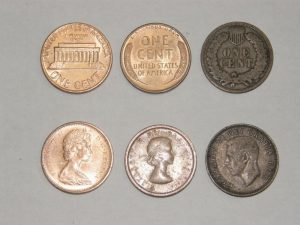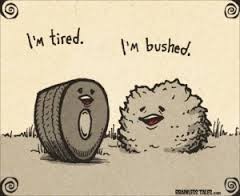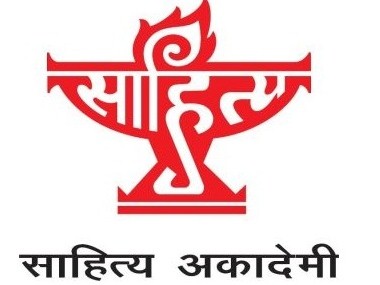Gresham’s law
 Gresham’s Law is a monetary principle which states that “bad money drives out good money.” In good old days i.e in 15th, 16th and 17th century coins were made out of precious metal with gold, silver and other precious metals. This gave them their value. As time passed, over the years, the value of those precious metal coins increased than its face value; hence people would hoard coins and melt them and sell those coins.
Gresham’s Law is a monetary principle which states that “bad money drives out good money.” In good old days i.e in 15th, 16th and 17th century coins were made out of precious metal with gold, silver and other precious metals. This gave them their value. As time passed, over the years, the value of those precious metal coins increased than its face value; hence people would hoard coins and melt them and sell those coins.
Sir Thomas Gresham who was financial agent of Queen Elizabeth-1 recognized this fact; though he was not the first one to identify this monetary principle. If coins containing metal of different value have the same value as legal tender, the coins composed of the cheaper metal will be used for payment, while those made of more expensive metal will be hoarded or exported and will disappear from circulation. Sir Thomas Gresham’s illumination of 1558 was later coined by economist H.D. Macleod in 19th century as “Gresham’s Law’.
Gresham’s law is extended to business decisions also as an analogue: in an organization when daily routine is programmed with highly amorphous and vague tasks, it only consumes time and energy of people which otherwise they could use for constructive and innovative work. The unconstructive work drives out constructive work.
 The analogue is even extended to planning in organizations. When managers are forced to take string of decisions – those which are routine and monotonous in nature, the managers are hardly left with time and energy to make some considerable and meaningful decisions. This happens presumably because in as attempt of clearing their desk, managers tend to get exhausted with routine work and hardly get time to get down to serious work and unfortunately, their desks often never get cleared. In other words, you never get done the things you most want to get done, because life is a never-ending stream of disturbances.
The analogue is even extended to planning in organizations. When managers are forced to take string of decisions – those which are routine and monotonous in nature, the managers are hardly left with time and energy to make some considerable and meaningful decisions. This happens presumably because in as attempt of clearing their desk, managers tend to get exhausted with routine work and hardly get time to get down to serious work and unfortunately, their desks often never get cleared. In other words, you never get done the things you most want to get done, because life is a never-ending stream of disturbances.
It is so easy to get stuck in routine work; this fact makes most managers forget that there is world of possibilities out there. Organizations must therefore give time to their employees for new experiences and creativity. Only creativity can fuel business. Managers must therefore set their clear boundaries.
Carl Sagan – the man behind the popular television series “Cosmos” says “Science arouses a soaring sense of wonder. But so does pseudoscience. Sparse and poor popularizations of science abandons ecological niches that pseudoscience promptly fills. If it were widely understood that claims to knowledge require adequate evidence before they can be accepted, there would be no room for pseudoscience. But a kind of Gresham’s Law prevails in popular culture by which bad science drives out good.”
So Gresham’s law sums like this: if bad and evil is not kept under check, it will drive out good.













































